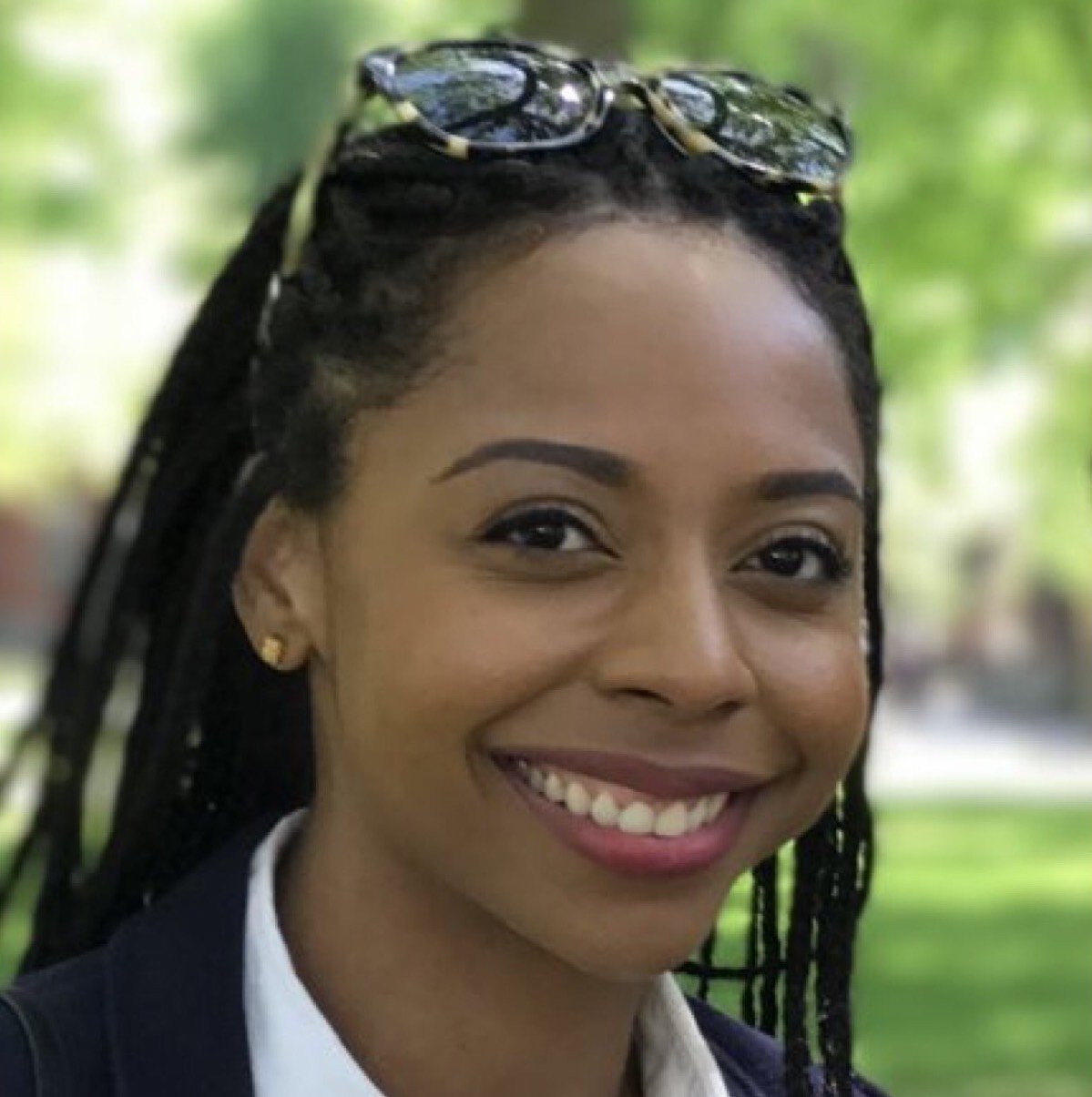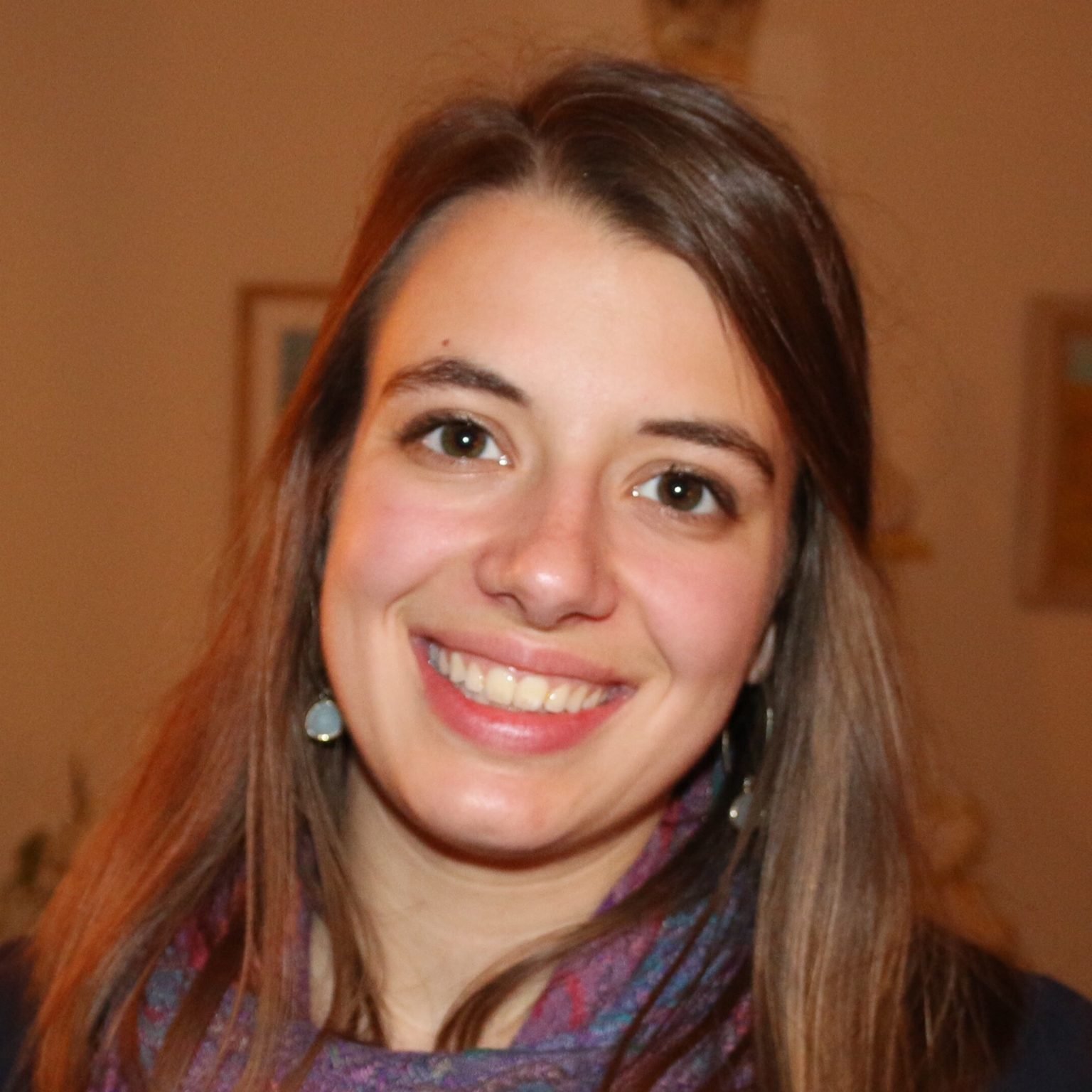The Intercept has hired Briahna Joy Gray as politics editor to cover what DC bureau chief Ryan Grim calls the Democratic identity crisis, a shift the publication has already covered aggressively. This is the first full-time journalism job for Gray, a contributing editor at Current Affairs and a Harvard-educated lawyer who’s written about topics like identity politics, cultural appropriation, for publications including Rolling Stone, the Guardian, and New York. She also cohosts a podcast, SWOTI (Someone’s Wrong on the Internet), about pop culture and politics. Washingtonian asked Gray about her new job, which she’ll do from New York and DC.
Why does this beat seems urgent and important to cover right now?
I think a lot of people criticize the extent to which there is a continued relitigation of 2016 online, but I don’t personally perceive a lot of that debate to be about relitigating 2016. I think it reflects a genuine shift in the Democratic Party that needs to be resolved if it hopes to be more successful in 2018 and 2020 than it was in 2016. Trump‘s candidacy, and frankly also the candidacy of Bernie Sanders, revealed to a lot of people that there was a real possibility for options outside of the establishment status quo that a lot of people are understandably dissatisfied by, given various economic indicators and stagnating wages. You can’t put the genie back in the bottle. I don’t think people are going to be willing to forget the kind of politics we’ve been dealing with the past few years and go back to supporting mainstream candidates, so it’s incumbent on publications to try to better understand what’s motivating people, why they’re making different political choices than they have in the past, and to help people who aren’t so online to understand exactly what the contours of that rift are.
What are some examples of that divide to you?
The camps were defined in 2016 as a Hillary camp and a Bernie camp. Some people who might have been slotted very easily into one camp have been making overtures and efforts to adopt some of the policy prescriptions the more leftist camp was previously associated with. So you have Kirsten Gillibrand, Cory Booker, and Kamala Harris making noise about not taking certain kinds of corporate donations; Gillibrand just came out with a proposed post office plan to get rid of payday loans and to have independent banking out of post offices in America. You have increasing numbers of politicians embracing policies that are now very popular among all groups, like universal healthcare. It’s increasingly difficult to say, often, who’s in what camp, and the sense that those kind of lines are being redrawn is why we need to pay attention to how those camps are evolving over time.
You’ve done a lot of work around race, and you also have a podcast about pop culture and politics. Will your editing and writing at the Intercept incorporate those interests?
I can’t say for sure. I’m certainly open to it, and I would like that to be the case. I certainly would love to continue to be able to express a lighter side of things and to talk about the intersection of pop culture and politics the way we do on SWOTI. And to the extent that the Intercept is open to that, that’s wonderful.
Why switch from law to journalism?
They tell you not to go to law school unless you really, really want to be a lawyer. You should heed that advice; I didn’t. When I started law school in the fall of 2008, the financial crisis was happening around me but it wasn’t something that was a known quantity until after I’d applied, been admitted, and enrolled. So I was operating in a world where I thought I would only do this for a few years, make enough money to pay off loans, and then have the financial freedom from debt to go ahead and pursue things that were closer to my core interests. Unfortunately the legal landscape wasn’t such that I was able to get in and out with the speed that I had hoped.
Frankly I’ve been, for years now, struggling to figure out how I’d be able to wed my interests with my professional core. Starting my podcast was a part of that process. I turned 30 and said, “I have to have some kind of outlet for my politics and the other things that have been important to me.” And about a year later I started writing and was very privileged to have it take off in a way I never anticipated and have the opportunity to enter a career which has always been a passion point for me, but which everybody knows is risky. Journalism isn’t exactly a career that your mother hopes you’ll go into, if only because she’s looking out for your financial well-being. But I feel really grateful that I was able to write while having a stable career and the ability to pay down my law school loans, make a bit of profile for myself, and set up a transition that was a bit more easy. This opportunity at the Intercept makes it much easier than it would have been in almost any other context to walk away from the law, considering that I continue to have a good amount of law school debt on my plate.
Do you like DC?
I was actually born in DC. My parents both went to Howard and met there. They worked there for a few years, and we moved when I was about two. The last time I lived in DC, it was actually for the purpose of being a journalist. It was the summer after my junior year of college, and I had an internship at Science magazine; I thought I wanted to be a science writer. I had a good time.
This interview has been edited and condensed.



















